February has not started well for the European Union. On the first day of the month, furious farmers surrounded the parliament in Brussels, chanting defiance and throwing eggs at the people they blame for demeaning their industry. On Saturday, a man stabbed three people at the Gare de Lyon in Paris. The suspect in custody is from Mali but had lived legally in Italy since arriving in 2016. During questioning, the thirty-two-year said his actions were motivated not by religion but by historical grievance, for what France “had imposed on his grandfather.” As has become the custom in these type of attacks, the initial explanation for the man’s rampage was attributed to “psychiatric problems.” That was also the excuse for the man who, in December, was accused of stabbing to death a German tourist in Paris.
Le Pen is now the most popular politician in France
The French right isn’t particularly interested in the motivations of the assailants; what concerns them is whether or not they should have been in France.
“We won’t solve the problem of worsening insecurity in terms of numbers and nature if we don’t solve the problem of massive and uncontrolled immigration,” tweeted Marine Le Pen in the aftermath of Saturday’s attack. There were similar reactions from Eric Zémmour and Francois-Xavier Bellamy, the Republican candidate in the upcoming European elections. “The most appalling thing about the attack… is that it was not an isolated incident,” he remarked
The statistics bear out Bellamy. Murder, attempted murder and common assault have all risen dramatically since Emmanuel Macron came to power. There were 361,000 assaults in 2023, an increase of 63 percent since he was elected president in 2017.
Last year also saw a record number of burglaries and car theft, the majority committed by fifteen- to twenty-four-year-olds. Thirty-eight percent of burglars were foreigners, a figure that rose to 40 percent for car crime. Immigration and insecurity are two reasons why Marine Le Pen and Jordan Bardella, the president of her National Rally party, and the man who is running their European election campaign, are surging in the polls. There are other factors, such as the cost-of-living crisis and the rise of what the French call “wokisme,” along with a perception — particularly strong in the provinces — that Le Pen is the only politician who listens to them.
A poll in Le Figaro last week reported that Le Pen is now the most popular politician in France with an approval rating of 40 percent. Fourteen years ago, when this annual poll began, her rating was 14 percent.
Second in the poll was Edouard Philippe, Macron’s prime minister between 2017 in 2020, and third was Bardella. Both Bardella and Le Pen were vocal in their support of the recent farmers’ protest in France, as was the left-wing La France Insoumise. The farmers didn’t particularly welcome the eyes made at them by politicians; nonetheless their grievances are directed at the people in power: Macron and Ursula von der Leyen, the president of the EU Commission. “Ursula, we are here!,” cried the farmers who besieged the EU Parliament last week.
Von der Leyen and Macron are alarmed at what June’s European elections might bring. In his New Year’s Eve address to the nation a few weeks ago, Macron referenced the elections and presented the people with a choice:
Next June, you will have to decide whether to continue rearming our European sovereignty in the face of peril: stop Russia and support the Ukrainians or give in to the authoritarian powers in Ukraine; continue Europe or block it… affirm the strength of liberal democracies or give in to the lies that sow chaos.
Russia is the Achilles heel for the European right
By chaos, the president meant a vote for the European right. The day before Macron’s address, the Washington Post ran a piece claiming president Vladimir Putin’s administration “has tasked Kremlin political strategists with promoting political discord in France through social media and French political figures, opinion leaders and activists.”
These documents, obtained by an unnamed “European security service” did not identify anyone specifically, but both Le Pen and Zémmour spoke warmly of Putin in the years before 2022. And, as the Post pointed out, Le Pen’s party received a €9.4 million ($10.1 million) loan from Russia in 2014, which was paid back last year.
Russia is the Achilles heel for the European right; Matteo Salvini, for example, Giorgia Meloni’s deputy prime minister, probably regrets posing for a photo outside the Kremlin in 2017 wearing a T-shirt of Putin. And Geert Wilders, winner of Holland’s elections last November, was criticized in 2018 for visiting Russia and wearing a “friendship” pin. Germany’s Alternative für Deutschland, Austria’s Freedom Party and Hungarian Fidesz have also been accused of cozying up to Putin in recent years.
The EU elections are four months away. In that time, the crises in agriculture, insecurity and immigration will not be solved; on the contrary, the migrant crisis will only get worse as the spring brings a surge in boats crossing the Mediterranean. What can the EU’s ruling centrists do? Highlighting the European right’s track record of ambiguity towards Russia is their only line of attack left.
At the weekend, one French newspaper, Le Figaro, carried quotes from former Russian president Dmitry Medvedev, now deputy chairman of Russia’s Security Council. In a message posted on Telegram, Medvedev referenced the European elections and the need to back what he called “anti-system” parties.
“Our task is to support these politicians and their parties in the West in every possible way,” he wrote, adding that they were on both the left and the right of the political spectrum. What united them, according to Medvedev, was their resistance to “all the vices of current liberal globalism” and “American international policy.”
Le Figaro believes the remarks are proof of the danger facing the West this year, namely “Russian interference in the forthcoming elections, particularly in Europe and the United States.”
Whether such warnings will have any effect on voters is questionable. A “war fatigue” is growing within European electorates and Russia remains an abstract threat for millions of European voters, particularly those on the left and the right who have grown cynical of their centrist leaders. Poverty, hardship and the possibility of being stabbed at a train station are more immediate concerns.
This article was originally published on The Spectator’s UK website.



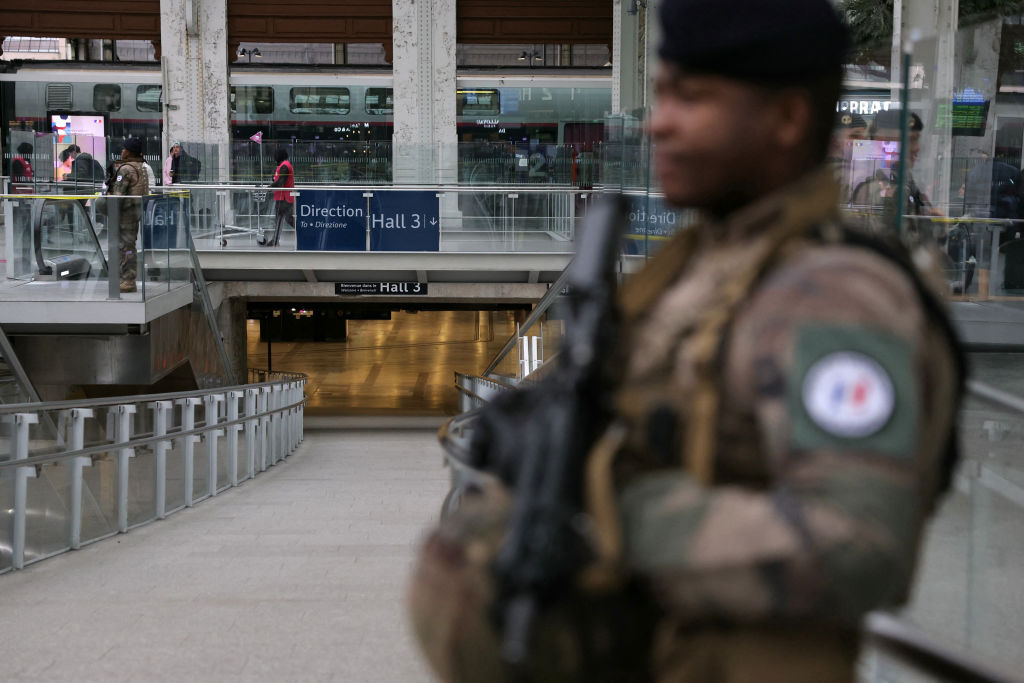






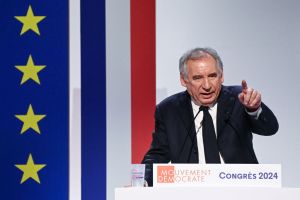

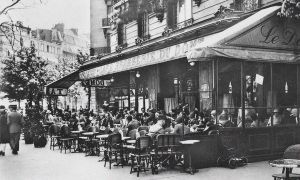




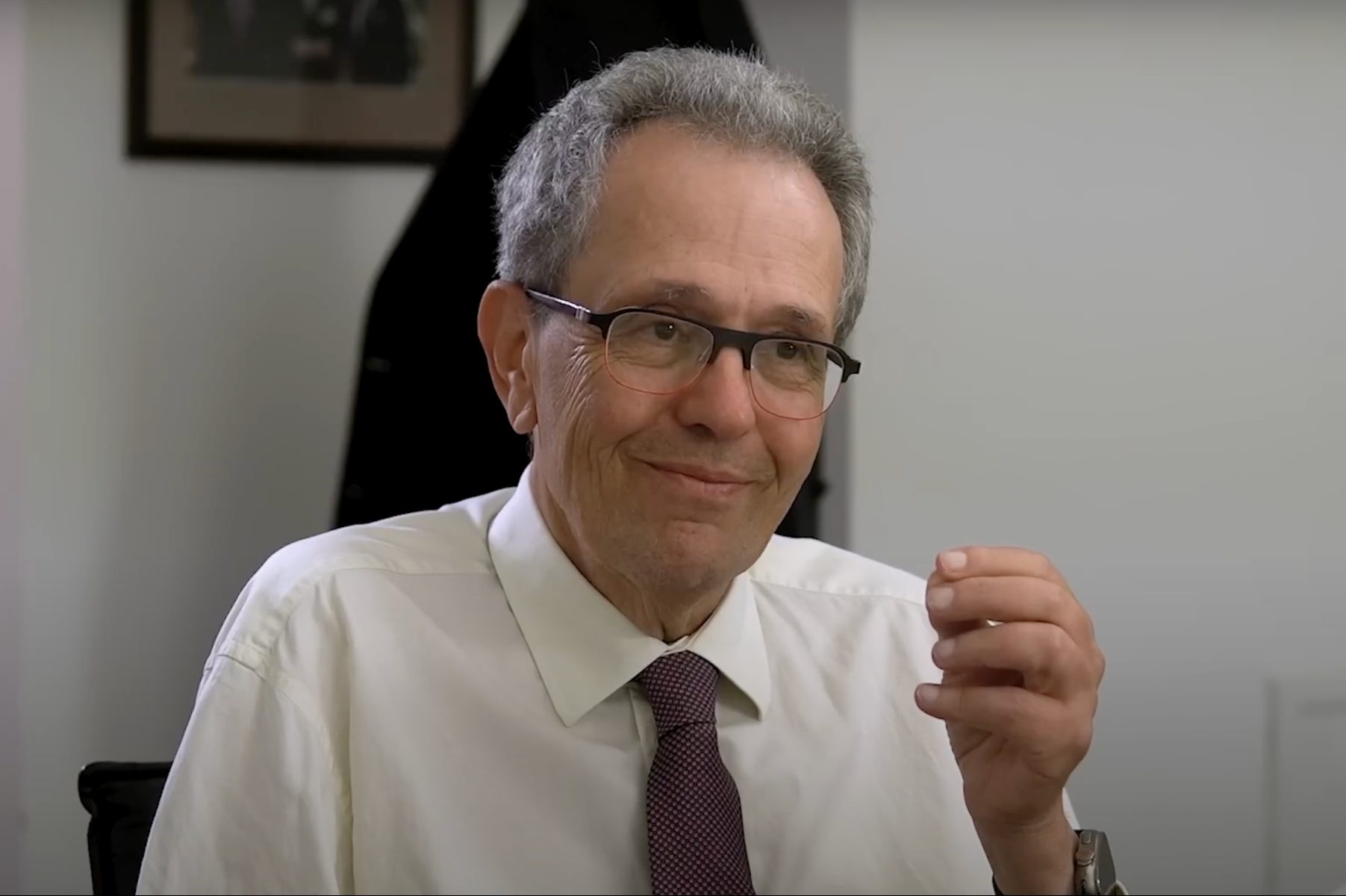
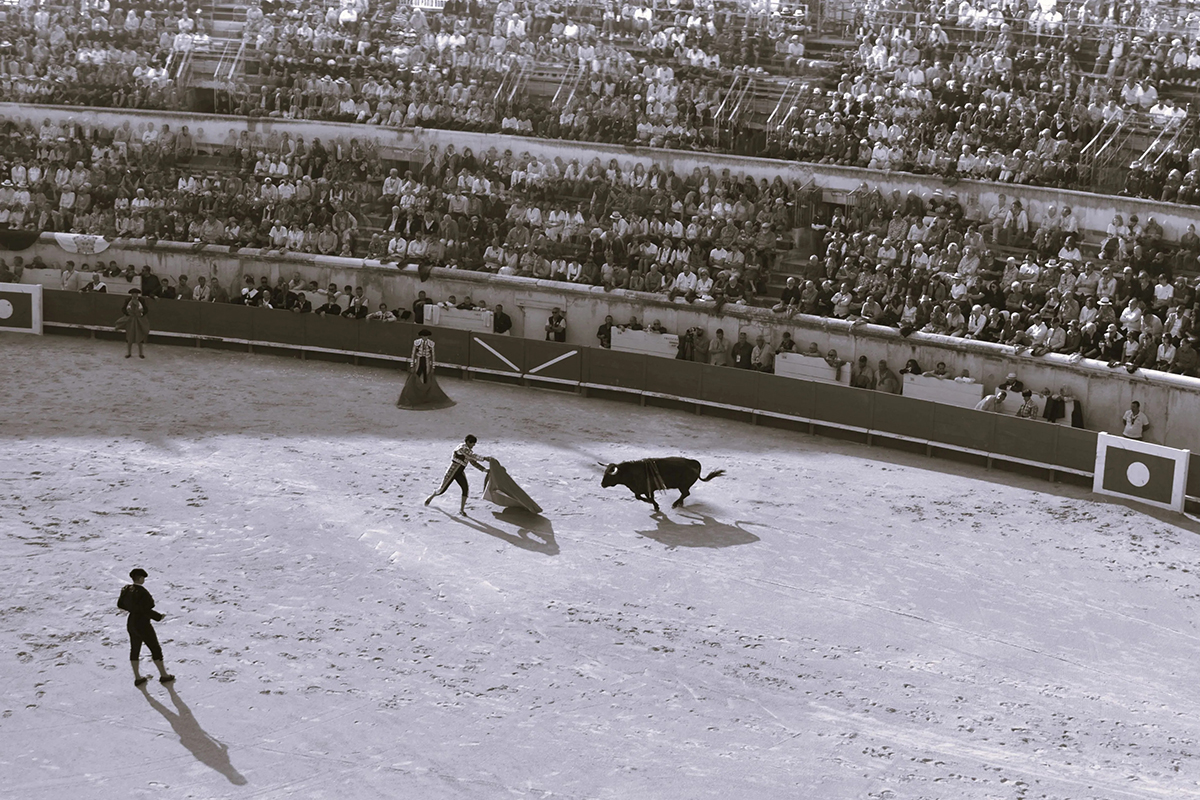







Leave a Reply